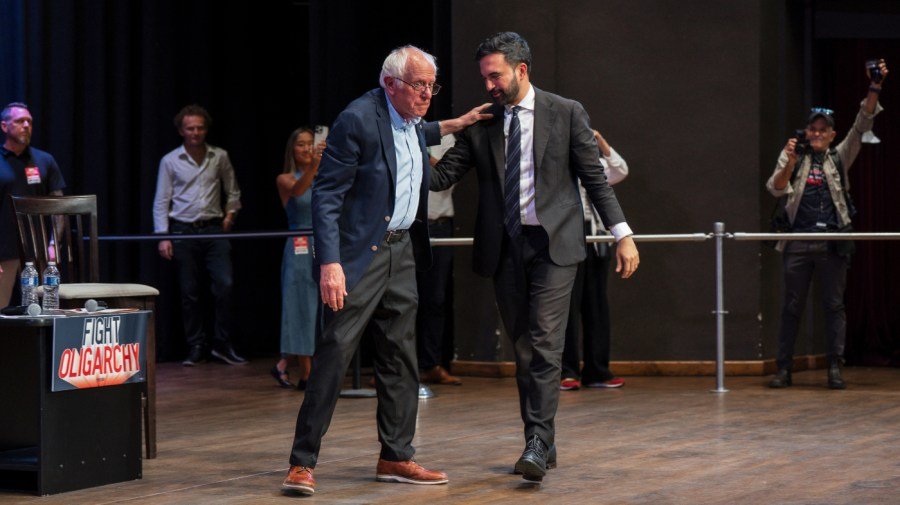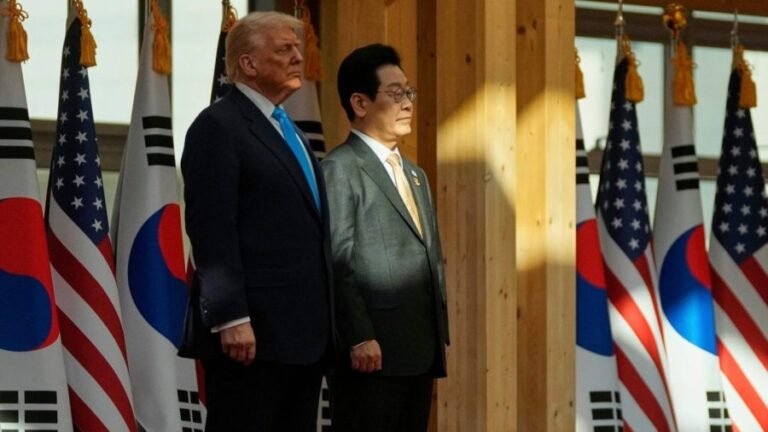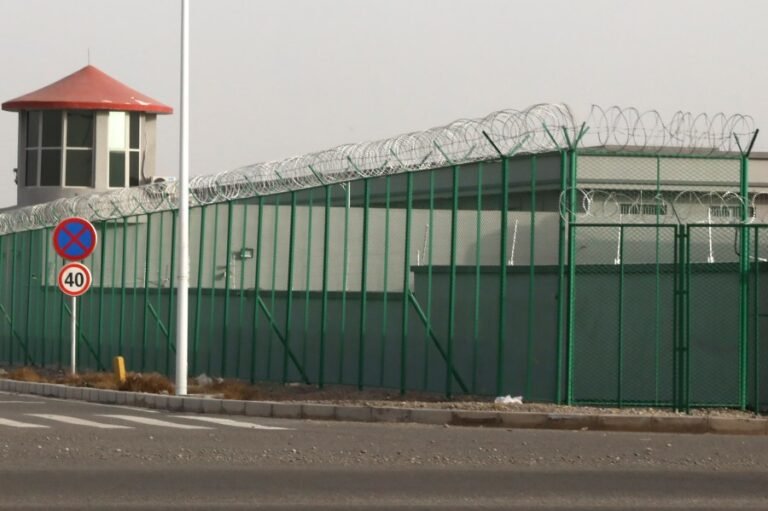
As foreign policy negotiators work to broker a lasting peace in the Middle East, the Democratic Socialists of America have issued a statement rejecting the current ceasefire.
In an Oct. 13, statement favoring “Palestinian resistance,” the DSA asserts its “role is to end U.S. complicity in Israel’s genocide and apartheid at every level — in our communities, our government, our workplaces.” The organization seeks to undermine U.S. diplomacy by passing foreign affairs resolutions and policy from every city council’s local dais.
Although the DSA is not a formal political party, its members often run as Democrats and seek to reshape the party from within. The DSA cares little about the constitutional principle known as the foreign policy preemption doctrine, which bars state and local governments from intruding on the federal government’s sole authority over international affairs.
The DSA’s use of local governments as instruments of international influence is spreading across the U.S. It is running candidates for city council in Santa Ana and Los Angeles, Boston, Minneapolis, Atlanta, Detroit, Seattle and Tacoma. Its playbook emphasizes city-level offices where a small number of highly organized activists can swing elections.
Municipal office is not a stepping stone for DSA candidates; they are elected to City Hall specifically to legislate ideology and adopt global policy positions.
During the Oct. 16 New York City mayoral debate, DSA municipal candidate Zohran Mamdani undermined a U.S. ally by falsely referring to Israel’s war against Hamas as “genocide” three separate times. Mamdani claims he is running to make New York City more affordable, but in his mayoral candidacy, he has repeatedly focused on Israel instead, claiming that it “occupied Palestinian lands.”
In 1968, the U.S. Supreme Court ruled in Zschernig v. Miller that only the federal government sets foreign policy, so that the nation speaks with one voice. The DSA’s use of local city halls is a mechanism to erode the division of powers between federal, state and local governments.
The DSA falsely portrays municipal support as a broader endorsement of its international policy agenda. Yet, these foreign affairs resolutions are not locally or organically grown. The organization’s stated agenda includes other extremes, such as the normalization of relations with Iran, unification of Korea and closing every U.S. military base around the world.
Few voters recognize the bait and switch that DSA is perpetuating. When voters elect city council members, they do not expect to be taking a stand on international conflicts.
Mamdani, for example, has pledged to divest New York City funds from Israeli if elected mayor. DSA candidate Omar Fateh, currently running for mayor of Minneapolis, called for a ceasefire in the Israel-Hamas war even before Israel had launched its military campaign in Gaza in response to the Oct. 7 Hamas terrorist attack.
Fateh is running against the two-term incumbent Democratic mayor, Jacob Frey, who appropriately vetoed a municipal Israel-Hamas ceasefire resolution for being outside the constitutionally assigned scope of city affairs.
The domino effect of city council foreign policy resolutions is easy to identify. On Aug. 4, the Iowa City Council passed an Israel divestment resolution. The Iowa resolution was championed by Council Member Oliver Weilein, a Democratic Socialist. It was modeled on the 2024 Portland, Maine Israel divestment resolution.
Prior to DSA’s anti-ceasefire statement this month and its August national resolution, “For a Fighting Anti-Zionist DSA,” its chapters were already shunning municipal politicians who support Israel. For example, the DSA actually condemned Chicago’s city council for recognizing Hamas’s atrocities on Oct. 7, 2023. In 2024, the Los Angeles DSA censured councilwoman Nithya Raman for her association with Democrats for Israel.
The national DSA Anti-Zionist resolution now makes it official party policy for all chapters to expel party candidates who do not support the movement to boycott, divest from and sanction Israel. This policy requires city DSA candidates to intentionally violate constitutional division of powers.
The organization also denounces America itself . Just as the Oct. 13 anti-ceasefire statement referred to the U.S. as “imperial,” DSA city council resolutions often delegitimize the U.S., referring to both Israel and America as “colonial” and “occupiers.”
Constitutional principles prohibit cities from acting like a series of rogue U.S. State Departments. Local councils are not equipped for foreign policy debates. After Middle East peace is established, will the fate of Taiwan and Kashmir also be decided in city halls?
DSA’s agenda in city halls should concern every American, not only right-leaning citizens or policy wonks. When city politicians pledge loyalty to divisive international ideologies, they neglect the municipal duties they were actually elected to oversee such as policing, potholes and parks.
Cities have long been incubators of American ideas where openness to experimentation and the interconnectedness of neighbors make government function. DSA threatens to replace the innovations of cities with ideological pledges to an extreme international platform.
DSA has a ground game to change U.S. foreign policy and repurpose local government, one city council at a time. It is time to take a discerning look at who is running for local office.
Julie Marzouk is an attorney, author and the founder and principal of Marzouk Evolve Advocacy Consulting.

